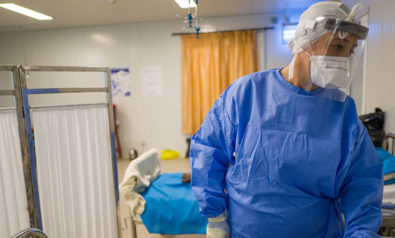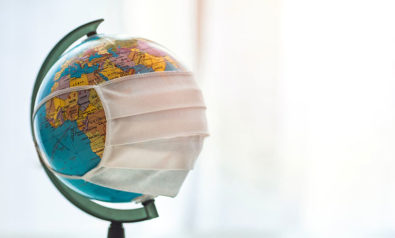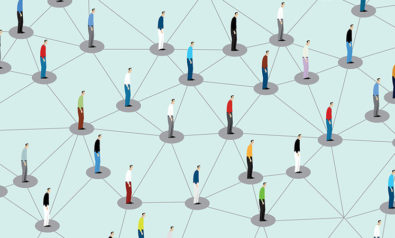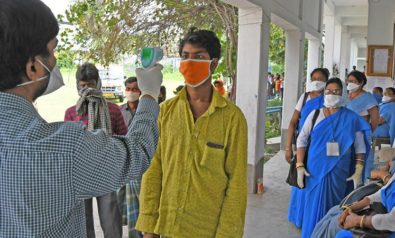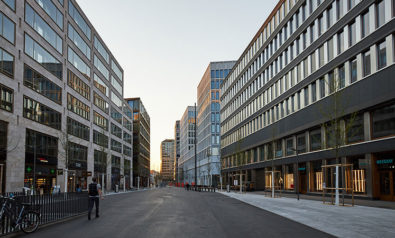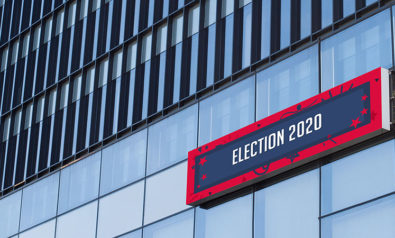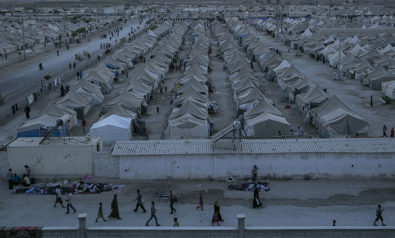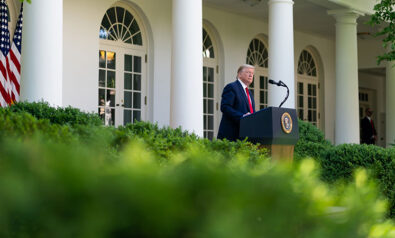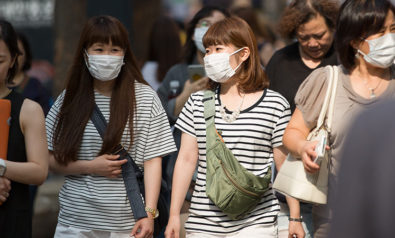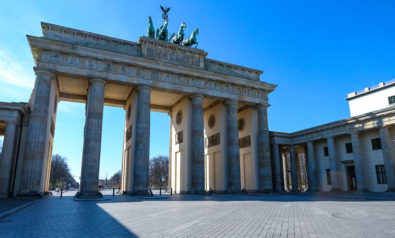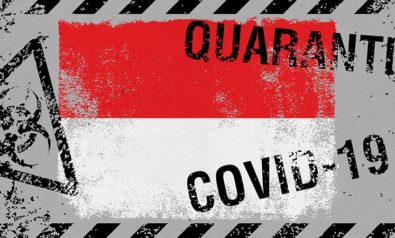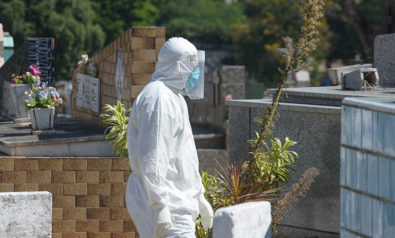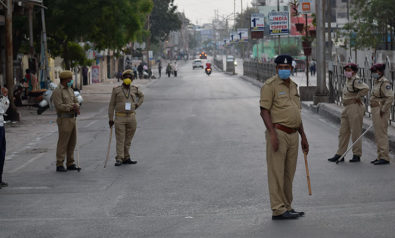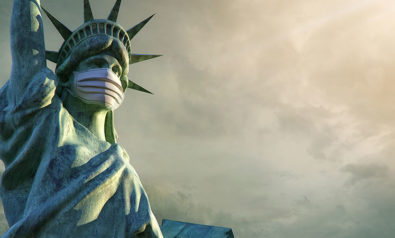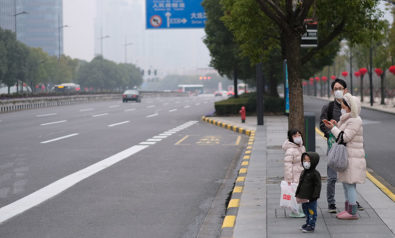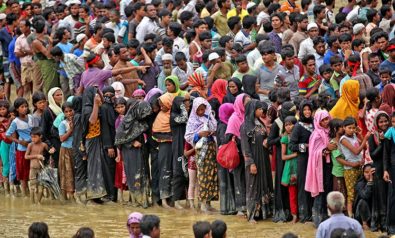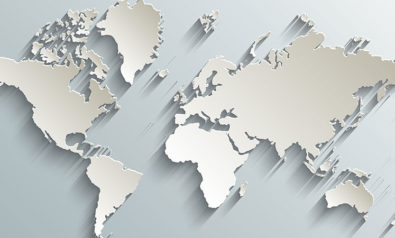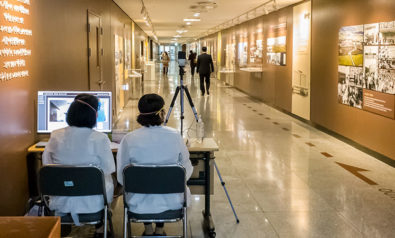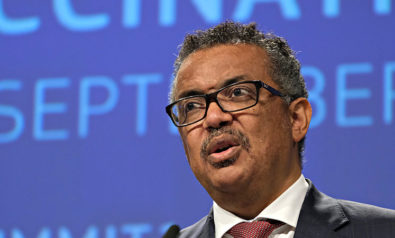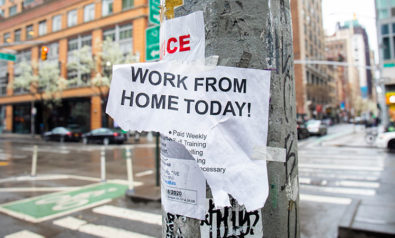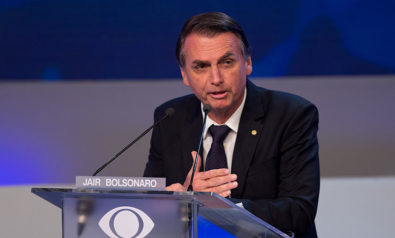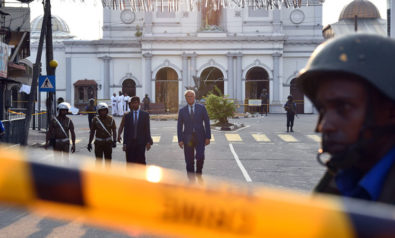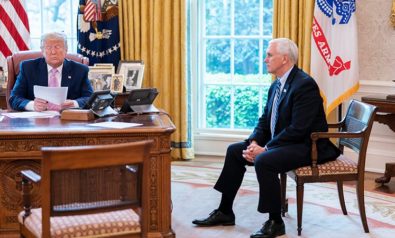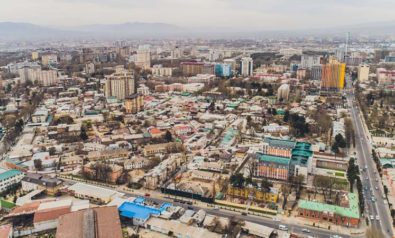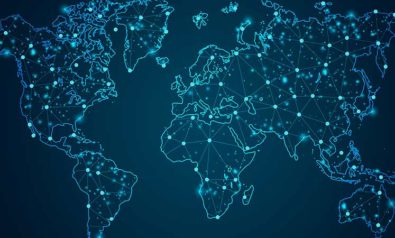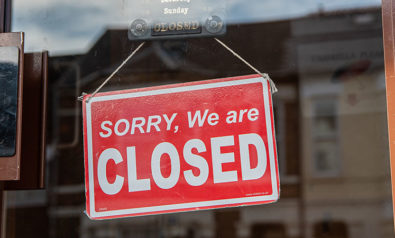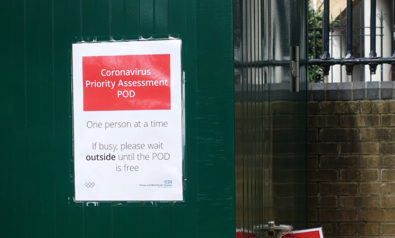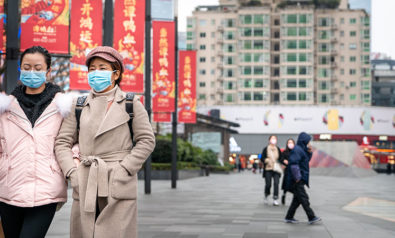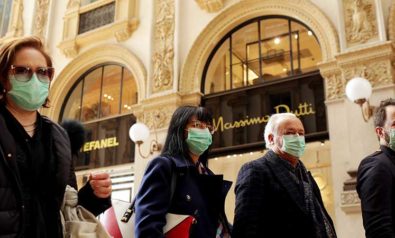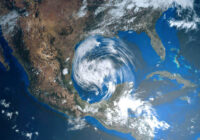China has not exactly had difficulty projecting its power within the existing system of multilateral organizations. A Chinese national is now in charge of four of the 15 specialized agencies of the United Nations: the Food and Agriculture Organization, the International Civil Aviation Organization, the UN Industrial Development Organization and the International Telecommunication Union. By comparison, a French national leads two specialized agencies, the International Monetary Fund and the UN Educational, Scientific and Cultural Organization; the United Kingdom leads one, the International Labor Organization; and the US leads the World Bank Group, UN Children’s Fund and the World Food Program.
The US contributed between 22% and 28% of the UN’s various agency budgets in 2018. By contrast, China contributed just 8% of the UN’s regular budget from 2016 to 2018, which will rise to approximately 12% by 2021. So why does China have more leadership roles and receive more recognition for its smaller contributions? Unlike China, US contributions have been large, consistent and taken for granted by other member states. Unlike the US, China rarely demands budgetary restraint or reforms that inconvenience the UN or member states, which may account for at least part of its appeal.
How Effective Is China’s Response to the Coronavirus Outbreak?
It is also worth noting that China has not hesitated to use its veto power at the UN, even on issues that other nations find particularly sensitive. China has used its vote to block Security Council resolutions 12 times since 1971. All but three of those vetoes have occurred since 2007 and served to prevent Security Council action against such states as Myanmar, Syria, Venezuela and Zimbabwe.
Since 2013, China has become increasingly assertive in UN human rights institutions, promoting its own interpretation of international norms and mechanisms. Beijing appears to be interested in expanding its influence within the UN, not because it supports the organization’s founding principles, but rather to alter UN programs and policies in ways that will benefit Chinese priorities in the future.
Raising Eyebrows
The same appears to be true with the World Health Organization. Earlier this month, the WHO director general, Tedros Adhanom Ghebreyesus, sat next to President Xi Jinping in Beijing and offered effusive praise for Xi’s and the Chinese Communist Party’s (CCP) transparency and management of the COVID-19 outbreak. This is despite the fact that the Chinese government initially tried to hide the outbreak from its people and the rest of the world as the virus spiraled out of control, and criticized numerous other governments for trying to prevent its spread beyond China’s borders by cutting off travel to and from the country.
Quite apart from the many concerns that have been expressed about the wisdom and efficacy of the WHO following its poor response to the West African Ebola crisis in 2014-17, Ghebreyesus’ eyebrow-raising public statements about the Chinese government’s response to COVID-19 raise questions about both his and the organization’s own transparency and allegiances. According to the WHO’s website, its total funding is just over $6 billion. The US is the largest national contributor to the WHO’s budget, at approximately 15%. The next largest national contributor is the UK, at about 7%.
By contrast, Chinese funding of the WHO jumped 58% between 2014 and 2019, from $12 million to $19 million, which amounts to just 0.23% of the agency’s budget. That has not stopped Beijing from exerting influence and punching well above its weight at the WHO.
A Chatham House report has noted that the WHO is highly politicized and bureaucratic, and is dominated by medical staff seeking medical solutions to what are often social and economic problems, and are often too timid to approach controversial issues, too overstretched and too slow to adapt to change. If any multilateral body needs to be nimble and sure-footed, it is the WHO, which relies on its member states to provide the essential data necessary to make critical decisions impacting the lives of millions of people around the world. Given its current performance and that during the SARS outbreak in 2002-03, relying on Beijing to provide that information is a particularly dangerous proposition.
Tightrope Walking
The fact that the Ethiopian government is Marxist, that Ghebreyesus has served as its health minister, that China is Ethiopia’s largest foreign investor and that Beijing plans to build new headquarters for the African Centers for Disease Control and Prevention in Addis Ababa has apparently prompted Ghebreyesus to walk a tight rope between requesting accurate and timely information from Beijing versus upsetting Xi and the CCP. Doing so is potentially imperiling the lives of tens or hundreds of thousands of people around the world. Ethiopian Airways continues to fly to Beijing.
During the SARS epidemic, the Chinese government did not report the outbreak for months and refused to provide access to WHO experts. The WHO did not declare a global health emergency for COVID-19 until January 30, nearly two months after the outbreak began and 10 days after it had been confirmed that human-to-human contact was a source of infection. It still has not declared the virus a global health pandemic despite the fact that it has spread to more than two dozen countries, with serious recent spikes in South Korea, Japan and now Italy.
Beijing’s influence at the UN prevented Taiwan from becoming a UN member state, and its influence in the WHO has prevented Taipei from becoming a member of the organization. That not only potentially imperils the health of 23 million Taiwanese citizens, but also the more than 50 million foreigners who travel to or from Taiwan each year.
The Chinese government’s influence in a variety of multilateral organizations, whether the UN, the WHO or multilateral development banks, is putting at risk the concepts of good governance and the rule of law. Its influence at the WHO — and the WHO’s susceptibility to being influenced by Beijing — are ultimately putting many lives at risk around the globe. It is incumbent upon these organizations to recognize the gaps, inconsistencies and flaws that make them susceptible to such influence and to do something meaningful about it. Regrettably, at this time of great need, the world cannot rely on either China or the WHO to act based on transparency and accurate information. The world’s other governments will have to rely on themselves for that.
The views expressed in this article are the author’s own and do not necessarily reflect Fair Observer’s editorial policy.
Support Fair Observer
We rely on your support for our independence, diversity and quality.
For more than 10 years, Fair Observer has been free, fair and independent. No billionaire owns us, no advertisers control us. We are a reader-supported nonprofit. Unlike many other publications, we keep our content free for readers regardless of where they live or whether they can afford to pay. We have no paywalls and no ads.
In the post-truth era of fake news, echo chambers and filter bubbles, we publish a plurality of perspectives from around the world. Anyone can publish with us, but everyone goes through a rigorous editorial process. So, you get fact-checked, well-reasoned content instead of noise.
We publish 2,500+ voices from 90+ countries. We also conduct education and training programs
on subjects ranging from digital media and journalism to writing and critical thinking. This
doesn’t come cheap. Servers, editors, trainers and web developers cost
money.
Please consider supporting us on a regular basis as a recurring donor or a
sustaining member.
Will you support FO’s journalism?
We rely on your support for our independence, diversity and quality.



